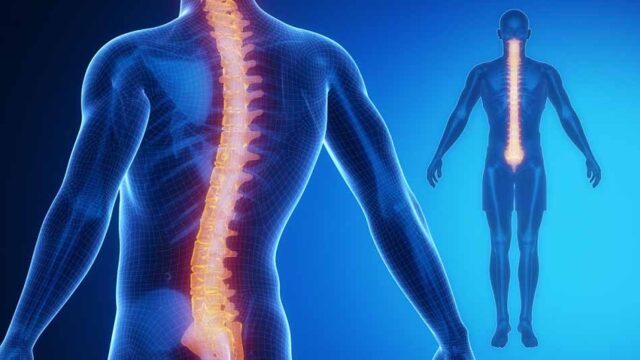Spine pain is a common issue that affects a vast number of people worldwide. You might think that pain in the spine is limited to just the back and neck area, but did you know that there is a direct correlation between spine pain and dizziness? In this article, we’ll explore the connection between these two symptoms and how they come into play concerning one’s overall well-being.
A Deeper Look into the Spine
To better understand the connection between spine pain and dizziness, it’s essential to first have a deeper knowledge of the spine’s structure and function. The spine is an intricate system of bones, nerves, and muscles that play a fundamental role in our everyday movements and body support. A pivotal part of this structure lies in the cervical spine, which consists of the top seven vertebrae connecting the spine to the skull.
The cervical spine is responsible for some of the most critical functions in the body, including protecting the spinal cord and supporting the head. Additionally, it aids in maintaining balance and facilitating the smooth, fluid movement of the head and neck.
Spine Pain Leads to Dizziness
Now that we have a better understanding of the cervical spine’s essential roles, it’s easier to see how spine pain and dizziness could be interconnected. The cervical spine houses many nerves, vessels, and muscles, and if it becomes compromised, it can lead to various symptoms including but not limited to, neck pain and dizziness. The dizziness is a result of disturbed nerve signals or restricted blood flow in the affected areas.
Conditions such as herniated discs, degenerative disc disease, and spinal stenosis can cause pressure on the nerves in the cervical spine. This pressure or irritation of the nerves can disrupt crucial functions, leading to dizziness and other symptoms.
Tackling Spine Pain and Dizziness with Spinal Decompression
An effective solution to address spine pain and dizziness related to the cervical spine involves the use of a spinal decompression device. By utilizing a sophisticated technique, these devices work to relieve pressure on the nerves in the cervical spine, allowing for better blood flow and reducing the prevalence of dizziness. Furthermore, spinal decompression devices provide an array of benefits and can alleviate symptoms associated with various spinal conditions. So, if you’re experiencing any combination of spine pain and dizziness, spinal decompression could be a viable option to explore.
To Sum Up
It’s evident that there is a direct link between spine pain and dizziness, predominantly rooted in the cervical spine, where vital nerves and vessels interconnect. With a spinal decompression device, healthcare professionals and doctors have a powerful, non-invasive tool at their disposal to address the root causes of these symptoms. By doing so, patients can experience relief from the daunting combination of pain and dizziness, ultimately leading them toward a path of improved well-being.







